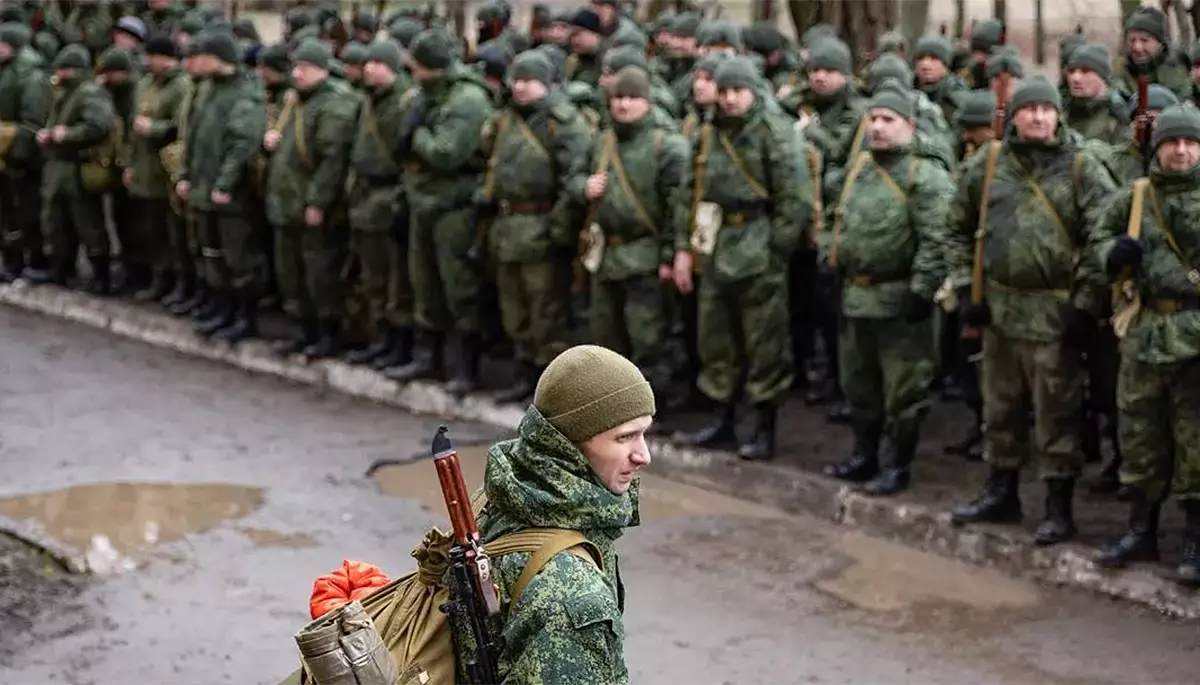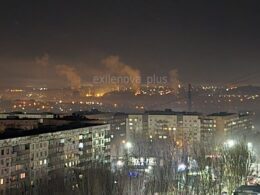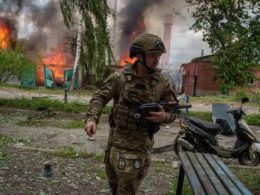The war in Ukraine is currently at a critical stage. If measures are not taken in the coming months, Russia's advantages will continue to grow, and the military situation will reach a point of no return, said Mykola Bielieskov, a research fellow at the National Institute for Strategic Studies and senior analyst for the Ukrainian NGO "Come Back Alive," in an article for the Atlantic Council.
The today's military situation in Ukraine is shaped by several key factors: Russia's strategy of prolonging the conflict through a war of attrition which aims to outlast Western support and gaining more territory in eastern Ukraine through encirclement tactics. Ukraine's resilience is bolstered by effectively integrating military aid from Western allies and adapting strategies to disrupt Russian supply lines. The Western support is crucial for Kyiv as it continues to defend its land from Moscow troops. Both countries face economic pressures that impact their military capabilities, and high casualty rates on both sides significantly affect morale and strategic decision-making.
"Ukraine’s needs are well known and include a significant increase in military aid along with the lifting of restrictions on the use of Western weapons. Above all, it is vital to maintain Ukraine’s fighting capability and impose increasing costs on the Kremlin while convincing Putin that Western support for Kyiv will not waver," the expert said.
He believes that recent Russian offensive operations have not yet led
to decisive breakthroughs. However, Bielieskov said that the psychological impact of Russian forces' successes cannot be measured solely in kilometers.
"Crucially, Moscow’s localized successes in the Donbas are gradually undermining morale among the Ukrainian public. Regular reports of fresh Russian gains are also weakening the resolve of Kyiv’s Western partners and bolstering arguments against continued military support for Ukraine," the analyst explained.
The expert specifically highlighted Russia's catastrophic losses, which confirm that the Russian war is not exactly going according to plan.
"Most recently, Moscow has persuaded North Korea to provide thousands of additional troops.
The one thing Putin definitely does not want to do is announce another politically risky mobilization. So far, he looks to have found solutions that will allow Russia to maintain its offensive operations in Ukraine without mobilizing hundreds of thousands of Russian civilians," said Bielieskov
According to the expert, much will depend on the outcome of the US presidential election on November 5.
"Much will depend on the outcome of the United States presidential election on 5 November. Whoever wins the race for the White House, they will inherit a war in Ukraine that requires their urgent attention to prevent a Russian victory that would signal the decline of the West and transform the geopolitical landscape for decades to come," added the expert.
Earlier,
The New York Times, citing diplomats and analysts, wrote that the most likely outcome of the war in Ukraine in the near future is an agreement to temporarily freeze the conflict along a still undefined line.
Read also:
- Russian air attacks on four cities kill at least 5 as Ukraine downs 26/48 drones
- First-ever drone strike on Chechnya sparks fire at special forces university
- Russia repeatedly strikes civilians in Kharkiv with precision guided bombs, injuring 21





